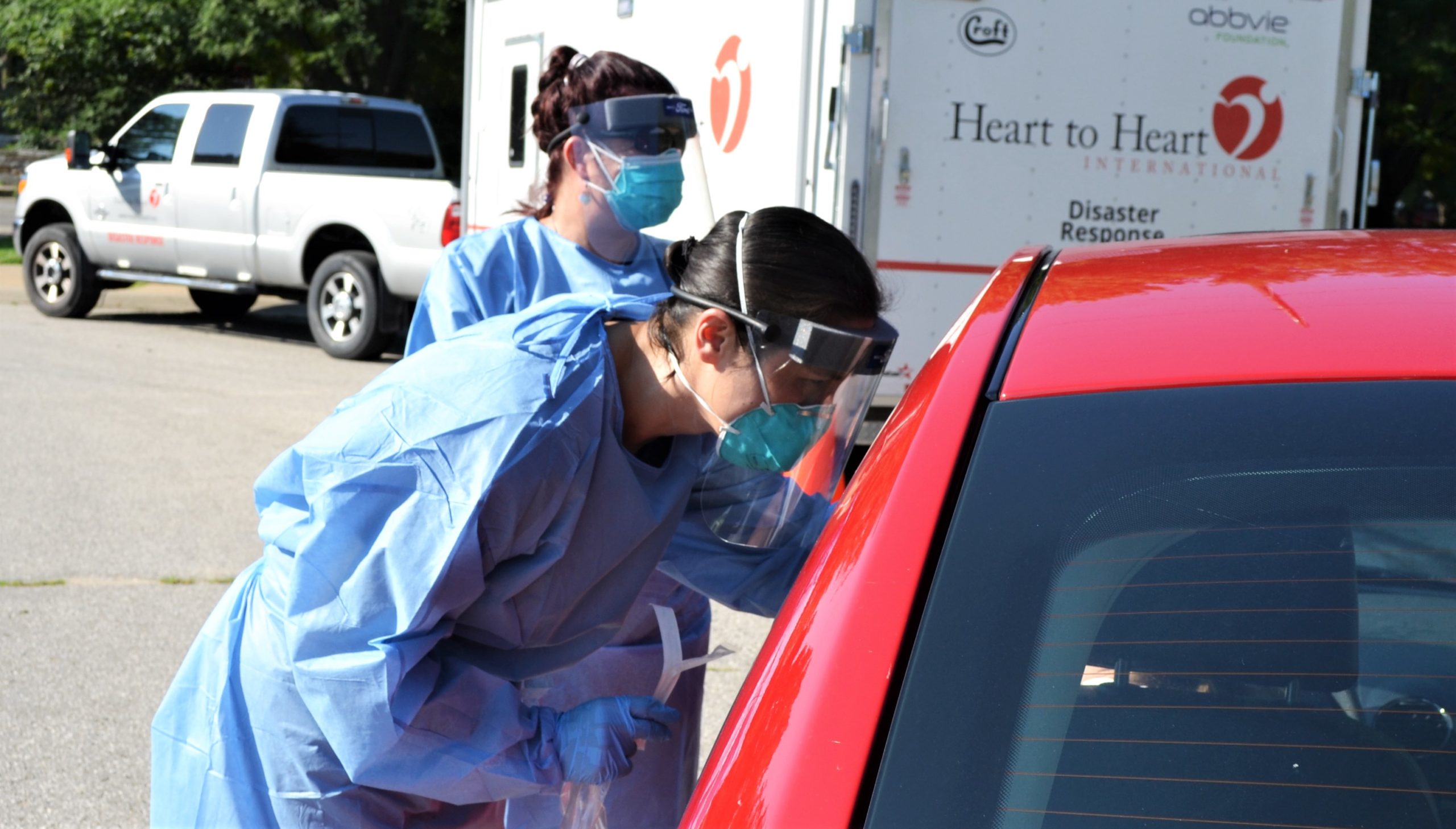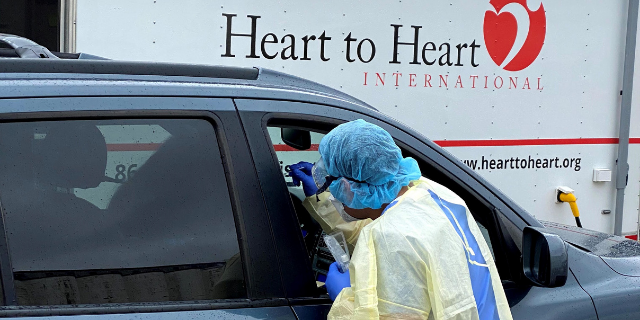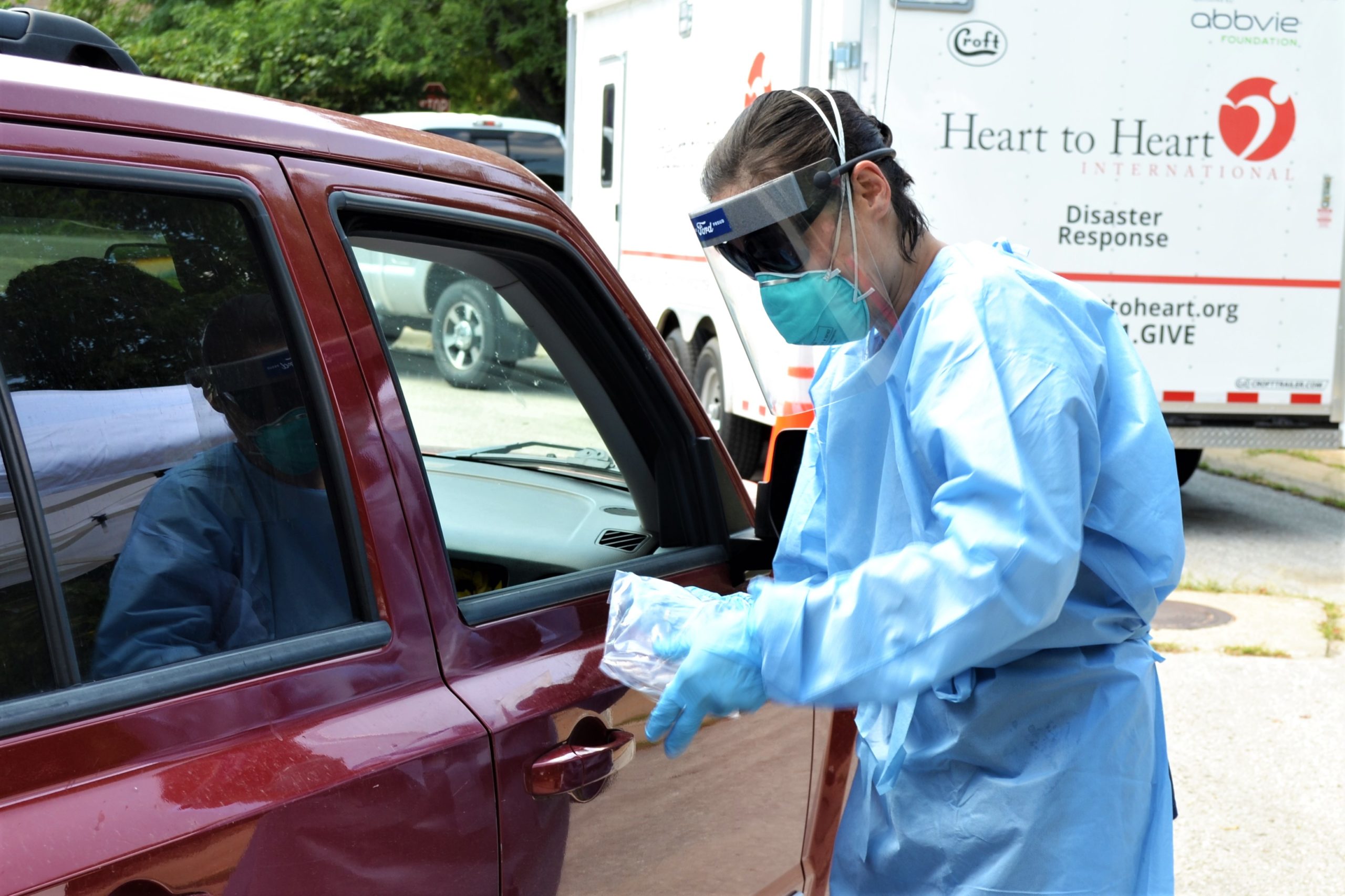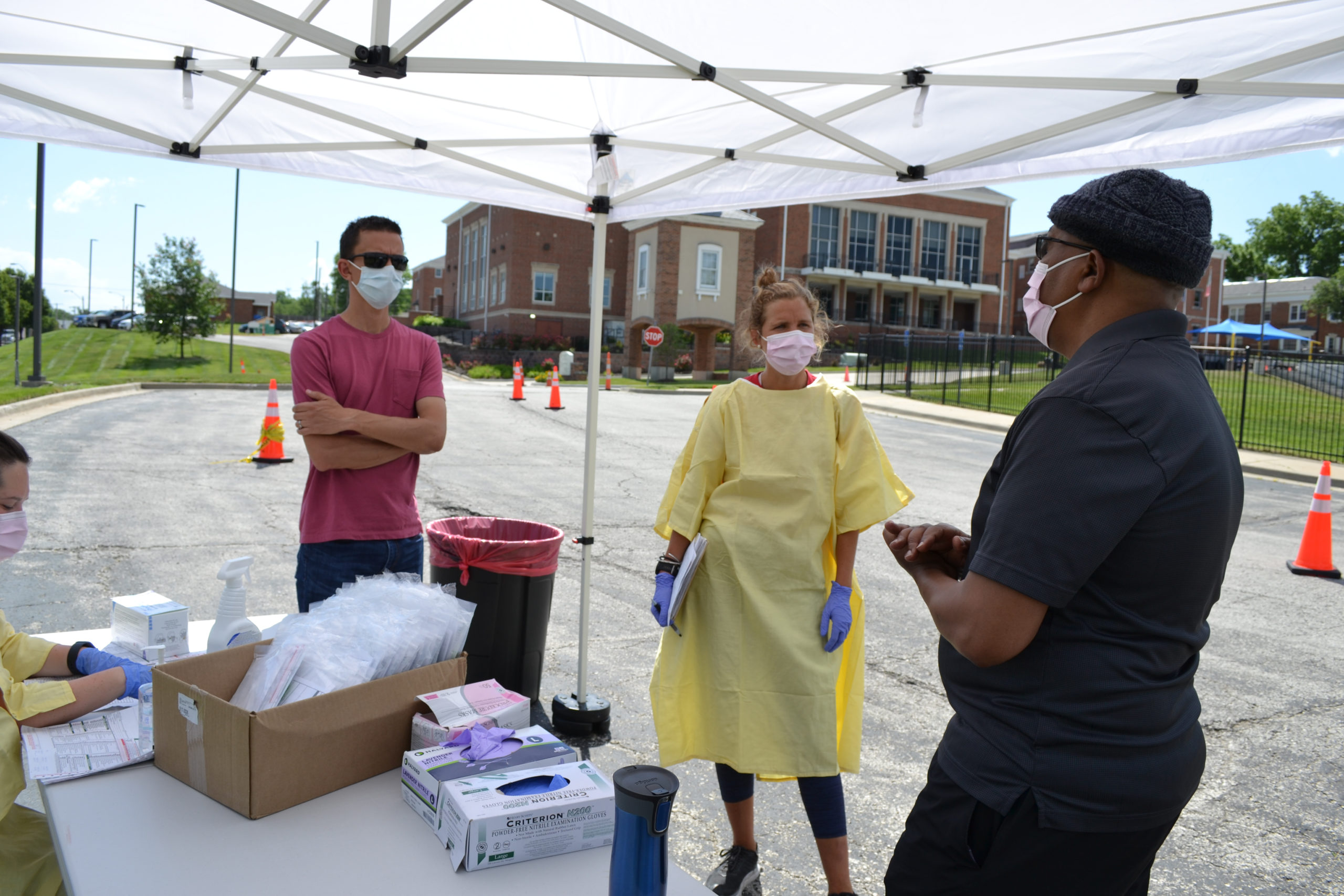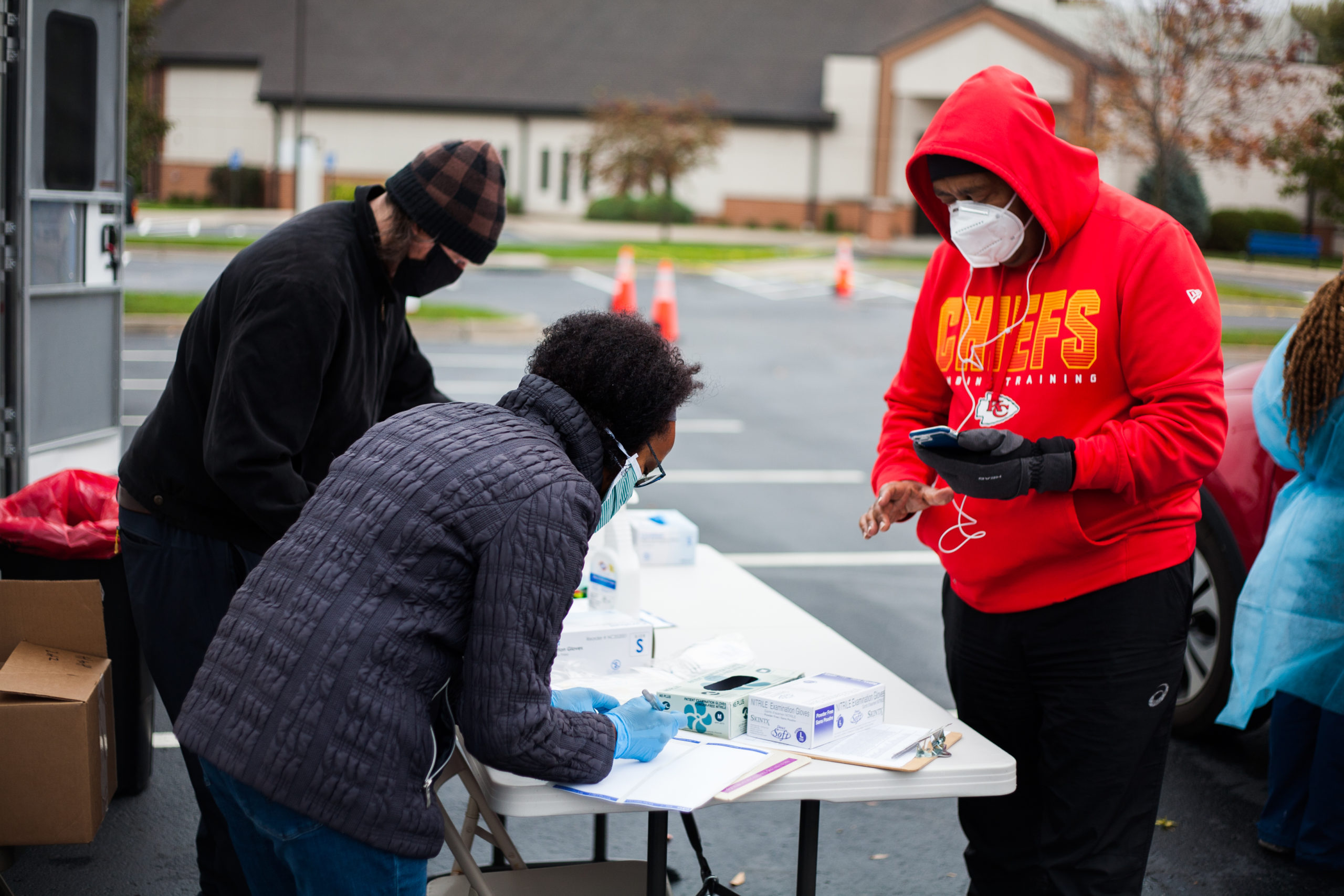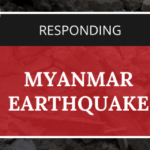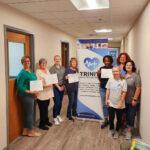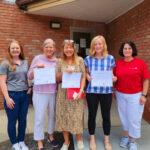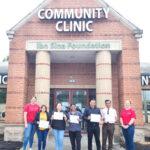Tena Tiruneh began working as Director of Heart to Heart International’s Laboratory Programs in May of 2019. With an extensive background in overseeing and managing laboratories, we were excited to have his expertise on board. Like many things that changed in 2020, Tena’s focus expanded from installing laboratories in safety net clinics to helping provide laboratory COVID-19 testing for people who need it most. Here’s the story of how that happened:
Marginalized communities disproportionately suffer both physically and economically from disease; whether from communicable diseases such as COVID-19 or non-communicable chronic diseases such as diabetes, the costs of poor health are severe. According to the CDC, COVID-19 hospitalization rates among non-Hispanic Black people and Hispanic or Latino people were both about 4.7 times the rate of non-Hispanic white people, so the health needs in these communities is profound.
With the lack of easily accessible COVID-19 testing and because many people in marginalized communities work essential jobs and live in multi-generational housing, the likelihood of undetected COVID-19 spreading in these communities was high. Tena Tiruneh, Director of HHI’s Laboratory Program, took the initiative to pivot his department’s priorities to reach these communities.
Partnering with Dr. Kevin Sykes from the University of Kansas Medical Center and funded by a grant from the CDC Foundation, Tena began developing a COVID-19 testing program to specifically target essential workers in marginalized communities.
People living in marginalized communities often did not have easy access to COVID-19 testing, especially if they were asymptomatic. Much of the early efforts at COVID-19 testing targeted high-profile areas, but to reach marginalized communities at higher risk for COVID-19, Tena knew the testing program had go to the communities and gain people’s trust. To do that, Tena engaged with community leaders and groups and enlisted their expertise for the best ways to reach their clients/community members. Tena developed a plan to include community leaders at churches and community groups. Some notable program partners were El Centro, United Inner City Services, DeLaSalle Education Center and the YMCA of Greater Kansas City.
When Gene Willis with United Inner City Services was asked why he was involved in the testing event, he said: “We want this to be a unifying event, for public health, for public safety. We talk about systematic change? We can’t make change if people aren’t healthy.”
Tena’s background in laboratory management enabled him to coordinate the testing and collection of the samples as well as the reporting of results, but it was his desire to engage people within the community that made the program so successful. Often the testing events were scheduled simultaneously with food giveaway events, ensuring community members could have a one-stop-shop to receive necessary goods and services. The testing events were held within the communities at the locations of trusted organizations. People who did not have transportation were able to walk to a testing site in their neighborhoods. Because many in the communities spoke Spanish, flyers and information were translated from English and made easily available. The testing team also returned to locations multiple times to increase trust from the communities and provide more opportunities for testing. HHI’s mission is to increase access to health, and by reaching out specifically to marginalized communities, Tena is showing his commitment to serving the people who need it most.
Throughout the program, 5,000 people were tested for COVID-19, and in some pockets of these communities, positivity rates were significantly higher than surrounding areas.
As HHI moves toward a vaccination program, the knowledge gained from Tena’s work will help inform where HHI needs to target vaccination efforts in the future. After the initial CDC Foundation grant concluded, Tena pivoted again to partner with Clay and Johnson counties and continues to offer free COVID-19 testing in Kansas City, MO, communities with marginalized and vulnerable populations.
More Stories:
- Celebrating 30 Years of Delivering Hope and Health with FedEx
- Myanmar Earthquake: Disaster Assessment Team Story
- Lab Week: On-site Testing Improves Chronic Disease Management at Trinity Health Center
- Lab Week: New On-Site Lab Streamlines Treatment for Flint Patients
- Lab Week: Ibn Sina Foundation Expands Access to Care with Point-of-Care Testing

